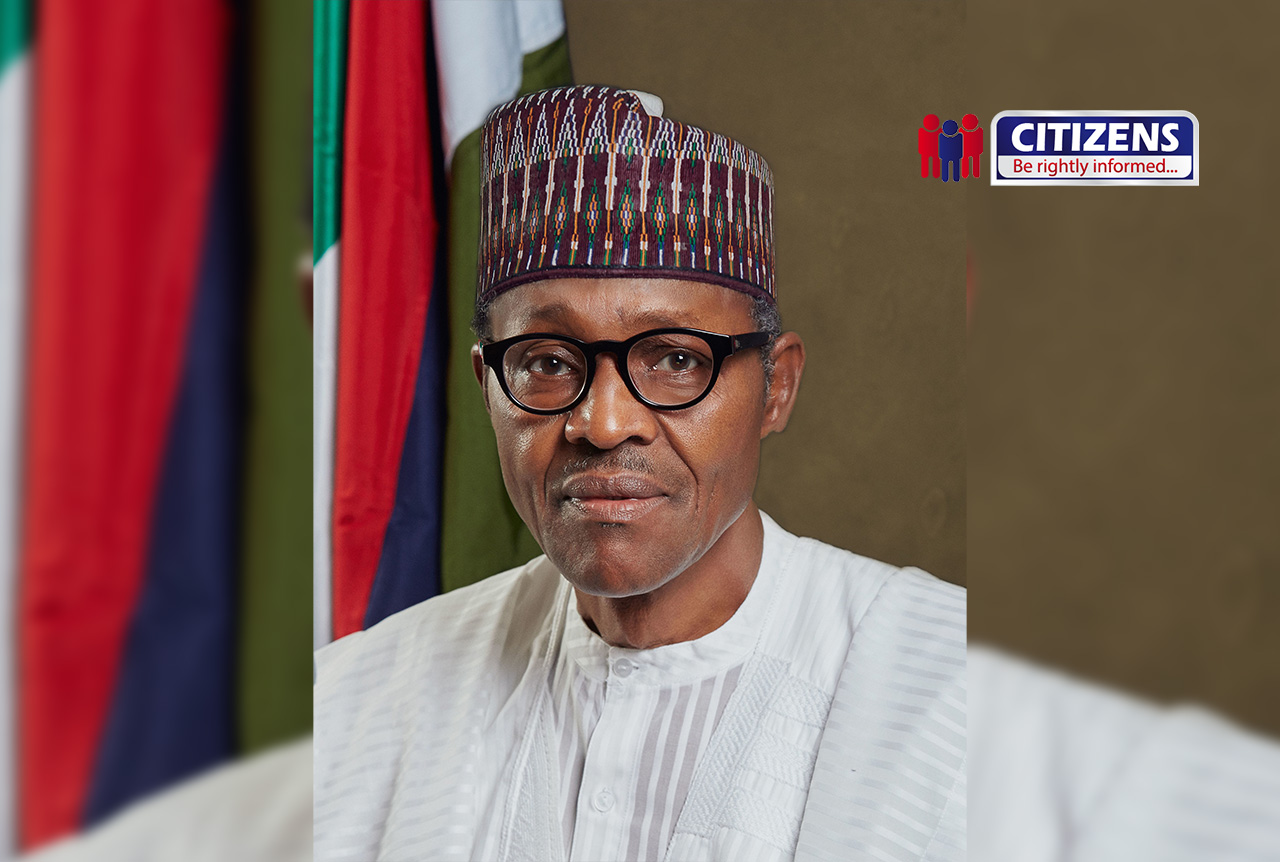Why Security is the Silent For...
- 2025-07-03

Nigeria is in mourning following the death of former President Muhammadu Buhari, who passed away at the age of 82. His death marks the end of a defining chapter in Nigeria’s political history—one shaped by military leadership, democratic transition, and national reform.
Born on December 17, 1942, in Daura, Katsina State, Muhammadu Buhari first emerged on the national stage as a disciplined military officer. He led Nigeria as a military Head of State from 1983 to 1985 after a coup that ousted the civilian government at the time. His brief but firm military rule was known for its anti-corruption campaign, a war against indiscipline, and strict governance that left a lasting impression on the nation's psyche.
Decades later, after transitioning into civilian politics, Buhari made history when he was elected President of Nigeria in 2015 under the All Progressives Congress (APC). He became the first opposition candidate to defeat a sitting president through the ballot box. His presidency, which lasted two terms until 2023, was marked by significant challenges including insurgency, economic hardship, and calls for structural reform. Nonetheless, he maintained a loyal base who admired his austere lifestyle, anti-corruption stance, and promises of change.
Throughout his time in office, Buhari was a central figure in shaping national conversations on governance, accountability, and the role of leadership in a complex, diverse society like Nigeria’s. His legacy continues to spark debate, with many praising his commitment to restoring order and discipline, while others critique aspects of his economic policies and handling of national security.
Following the news of his death, tributes have poured in from world leaders, political allies, critics, and everyday Nigerians. Across social media and traditional platforms, citizens are reflecting on his decades-long service and the impact he made in public life.
As the nation bids farewell, Muhammadu Buhari will be remembered as a figure who shaped—and was shaped by—the turbulent and transformative eras of Nigeria’s history.